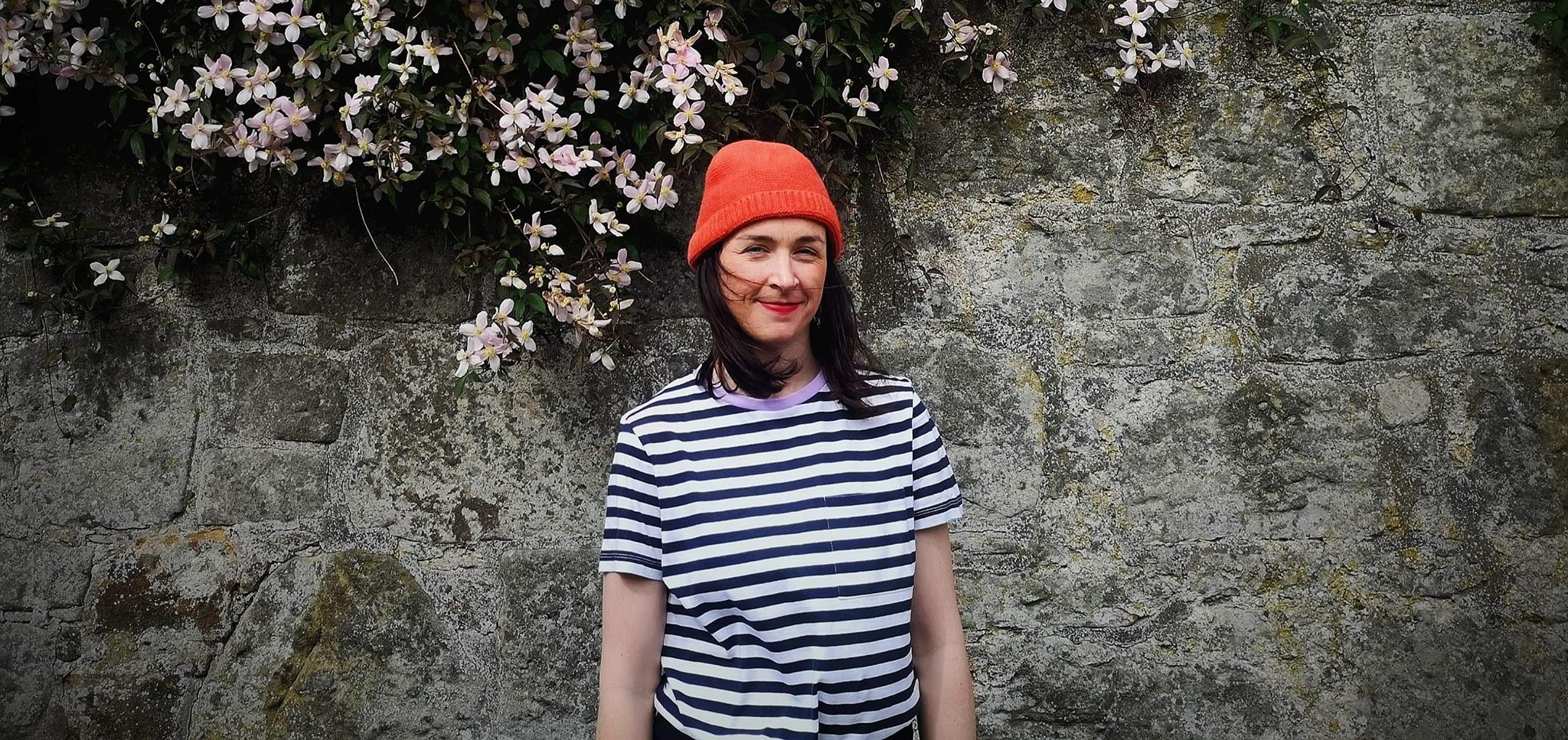OPINION
by Yaz Duncan
In recent years affirmative use of the word ‘queer’ by members of the LGBT+ community and their allies has caused significant debate.
The term, once a slur, is being reclaimed mostly by younger generations of non-hetereosexual people as a catch all term and one that provides room for movement, incorporating the whole spectrum of sexuality and gender expression.
While I completely support the reclamation of offensive terms, and people’s choice to identify however they feel comfortable, it’s a term I wouldn’t use to describe myself and here’s why.
I won’t say I’m queer because I don’t accept that heterosexuality is the default. Nor do I accept that my sexuality is anything other than what is natural and normal for me. If we say that a man who likes women is straight, but a woman who likes women is queer, we are implying that the later isn’t the natural order of things.
The term queer, for me at least, seems to suggest that it is something other than or separate from and my response to what would be separate from what?
If we differentiate ourselves as queer, it suggests that heterosexuality and being cis-gendered is normative, which I don’t accept. People of all sexualities and gender expressions have always and will always exist and have always been valid and natural.
Another reason why I don’t choose to the use label queer, is that I feel like a lot of work has to be done to reclaim the lesbian identity. People are free to identify how they like, but what worries me is that women who are solely attracted to women avoid using the label because of ingrained shame and negativity around the word lesbian. It’s an identity that is simultaneously fetishised and feared, and it becomes less about the label, than dismantling internalised homophobia.
“While I completely support the reclamation of offensive terms, and people’s choice to identify however they feel comfortable, it’s a term I wouldn’t use to describe myself.”
I also think that queer can be a slightly over intellectualised concept or way of viewing things that may not be accessible to everyone – or help in any way when coming out to people from an older generation. For me personally, I never felt saying I was queer helped me in any real situation where I was expected to come out.
However, for people who aren’t yet comfortable, or don’t identify with any of the LGBT+ labels, or who’s sexuality and gender expression may be changeable, I think it’s a godsend. It says everything and also nothing at all, and from a point of safety it’s a good buffer against the intrusive questions that non-straight people are asked about their sexuality.
Once used as an insult against non-heterosexual people, to single them out as weird or less than for their gender expression or sexuality, the term queer being reclaimed as an inclusive umbrella term will no doubt be a big leap towards self acceptance for a lot of people.
I believe that anything which puts human experience on a spectrum is valuable, because it lets us and others see where we fall on the scale, but shows us that we are connected and not so different from each other.
Queer is unapologetic, and I really respect that. But I can’t help but feel it doesn’t do much to refute the notion that heterosexuality and being cis-gendered is the default.


